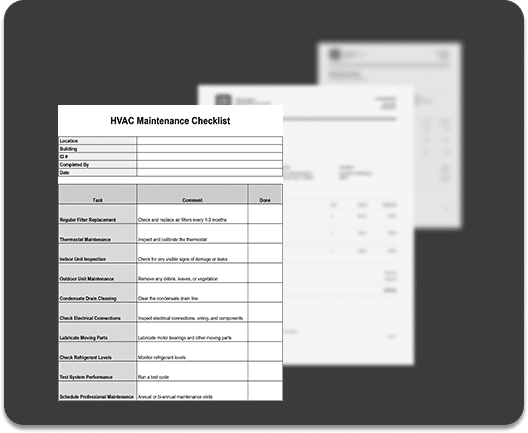
Mel Casey, senior portfolio manager for FBB Capital Partners, a financial planning firm in Bethesda. (Submitted photo)
Investing in the current economic climate – in the midst of soaring inflation, a plunging stock market, rising interest rates, a potential recession, a seemingly endless pandemic, a troubling war in Ukraine – seems to many to require a whole new playbook.
But experts beg to differ.
Interviews with a handful of local professional investors reveal surprising agreement on a more measured and steady approach. With minor exceptions, these experts recommended only minor changes to a person’s fundamental plan (assuming it is sound) – in effect, riding out the current storm by following the same rules that underpin all wise investing.
“You can’t be surprised when we have these slowdowns and trying times,” said Mel Casey, senior portfolio manager for FBB Capital Partners, a financial planning firm in Bethesda.
You may have to tweak your plan, he said – invest more in essential consumer staples, health care and utilities rather than speculative, expensive stocks, for example. But by and large, you have to realize that the market will eventually turn around and the economy improve.
“I can’t tell you when that will happen, but it will,” Casey said. “History tell us that.”
“Stick to your plan,” agreed Robert G. Carpenter, president and CEO of Baltimore-Washington Financial Advisors, in Columbia, in an email response to questions.
“The urge to do something – anything – can be overwhelming,” Carpenter went on. “The problem is you often wind up making things worse, either by selling too low immediately after a market downturn and missing out on future gains, or by chasing performance after markets take off.”
He concluded: “Often, the best strategy is to do nothing. This is where having a plan really plays off.”
Carpenter also recommended keeping a sense of perspective (even the current stock market declines have left investors in better shape than they were at the bottom of the financial crisis 13 years ago), not trying to “time the market” by getting in or out at the perfect time, and filtering out the noise of daily changes in the market.
“I can’t tell you how long an up or down market will last, no one can,” Carpenter wrote. “What I can tell you for certain is (following this advice) will increase the odds of reaching your long-term financial goals – and getting a better night’s sleep.”

Jen Logsdon, senior financial advisor with Wilmington Advisors at M&T Bank in Baltimore. (Submitted photo)
Jen Logsdon, a senior financial advisor with Wilmington Advisors at M&T Bank in Baltimore and a financial advisor for 22 years, said the wisest choice for investing in times like this might require some adjustments based on the person’s financial goals and current life stage.
Those interested mainly in more wealth could buy into equities and fixed-income markets at lower levels, she said. On the other hand, those who want to benefit from higher interest rates can take advantage of higher short-term rates.
Those approaching retirement and relying on their financial portfolio for a monthly income, meanwhile, have a tougher time, Logsdon said, and need to take into account the impact of inflation and perhaps reduce their spending. Some clients, she said, are putting off retirement or working part-time “until things improve.”
Logsdon also stressed the value of consulting an expert in uncertain economic times.
“People do get emotional when they see losses in their accounts, so it is important to widen the perspective,” she said. “Working with an advisor and following a financial plan can help during challenging times like these.”
Christina Snyder, a partner and wealth advisor with Jacob William Advisory, in Timonium, conceded these are worrisome times.
“Between tumultuous activity, inflation, and the Fed raising interest rates, it’s been a challenging year for many,” she said in an email response to questions. The tumult aside, she went on, “it is important to remember bear markets are a natural part of market cycles. The stock market will have its good days and bad days.”
With that in mind, she added, “the best course of action is to stick with the long-term investment strategy that was developed to bring you the financial peace of mind you need. Focus on what you can control … on what matters most to you and where you can make the biggest impact today.”
Turbulent times do offer a good opportunity to review your existing plan and perhaps, she added, “ take advantage of an oversold market, whether that be through deployment of cash, rebalancing, tax loss harvesting, or Roth conversion benefiting the next generation.”
Jay Levine, a senior wealth advisor and managing director at MAI Capital Management, which has offices throughout the country (including Rockville, where he is based), said turbulent times such as these do not change the basic philosophy of his firm.
“We believe it’s always a good time to invest when clients have the money to invest,” he said. “One of our principles is we have an underlying confidence in our financial, political and economic institutions. … Principles are principles for a reason. They don’t change.”















